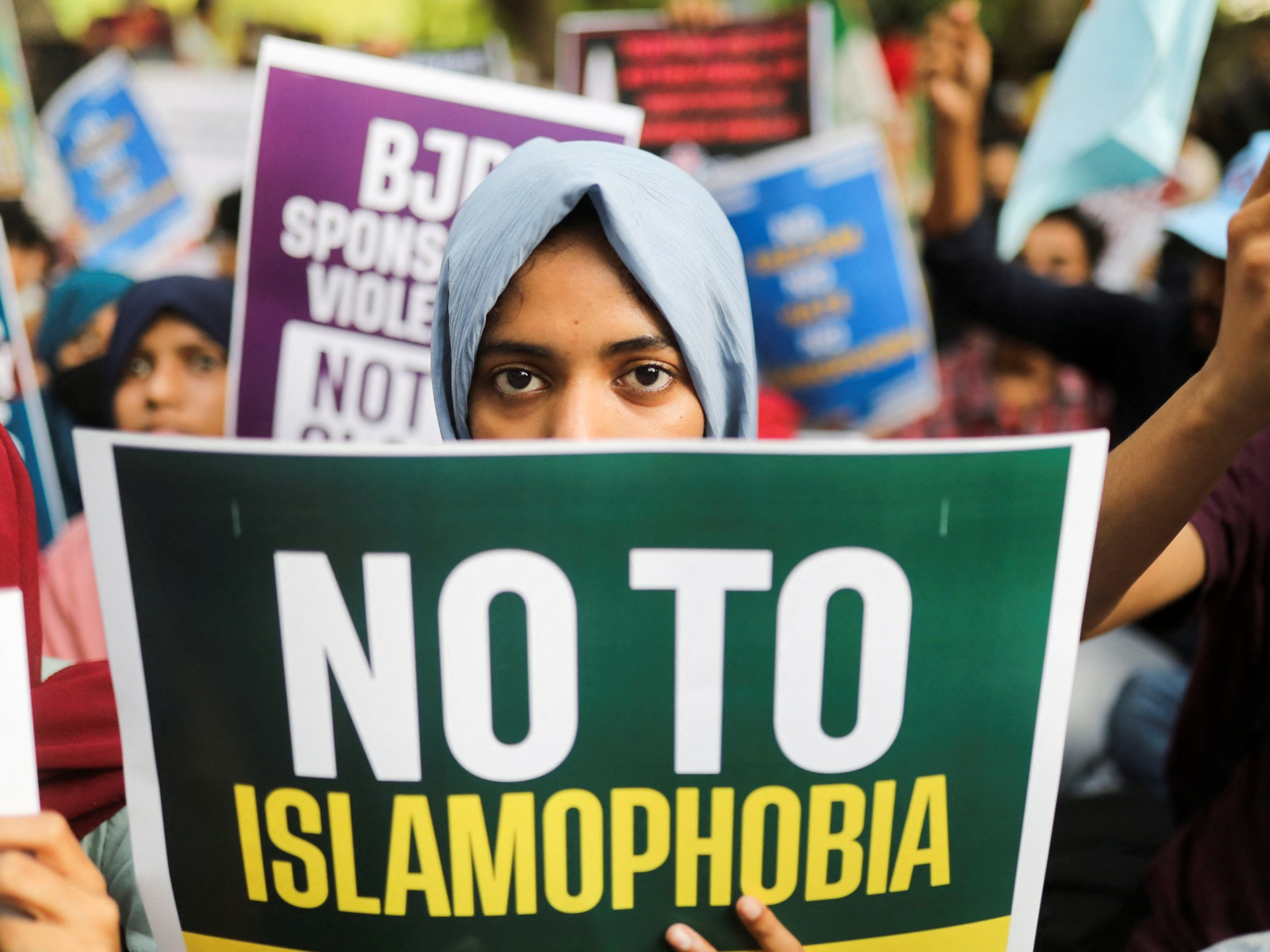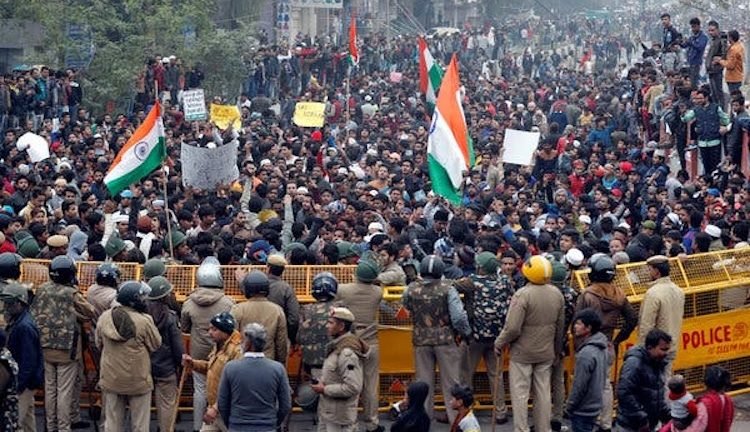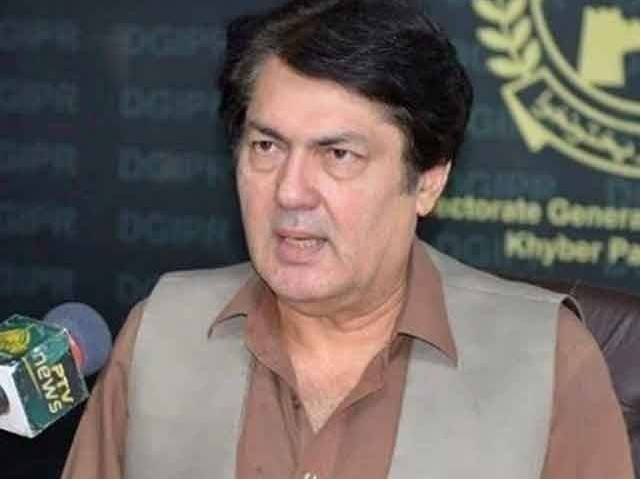India’s human rights situation has deteriorated significantly under the leadership of Prime Minister Narendra Modi and the Hindu nationalist Bharatiya Janata Party (BJP). The government has intensified its crackdown on minorities, journalists, activists, and political opponents, using draconian laws and violent tactics to silence dissent. The past year has seen a troubling increase in ethnic violence, unlawful demolitions, targeted assassinations, and suppression of civil liberties. This article explores the key issues based on recent human rights reports and statistical evidence.
Systematic Discrimination and Violence against Minorities
Since securing a third term in June 2024, the Modi government has escalated its discrimination against religious and ethnic minorities. BJP-led state governments have been accused of inciting hate speech and attacks against Muslims, Christians, Dalits, and tribal groups.

- Manipur Conflict: The northeast state of Manipur has been a hotspot of ethnic violence since May 2023, with over 250 people killed, more than 60,000 displaced, 200+ villages burned, 7,000+ houses destroyed, and 360+ churches and synagogues set on fire due to clashes between the predominantly Christian Kuki-Zo community and the mostly Hindu Meitei community. Despite widespread protests and calls for intervention, the government has failed to restore peace. These incidents are only minor examples of the everyday violence occurring across India against various marginalized communities.
- Targeted Attacks on Muslims: Between June and August 2024, Hindu vigilantes killed multiple Muslim men on suspicions of consuming beef or transporting cattle. A 26-year-old Muslim migrant worker was lynched in Haryana, while a 19-year-old Hindu teenager was shot dead on suspicions of being Muslim and smuggling cows.

- Demolition of Muslim Homes: BJP authorities have unlawfully demolished Muslim homes and businesses, branding it as “bulldozer justice.” In June, Madhya Pradesh authorities destroyed 11 Muslim houses in Mandla district, citing suspicions of beef possession. The Supreme Court ruled in November that these demolitions were illegal.
- Attacks on Christians: In several BJP-led states, Hindu extremist mobs have violently attacked Christians, accusing them of forced conversions. In July, a pastor in Chhattisgarh was brutally beaten, and a militant group attacked a prayer congregation in Madhya Pradesh.
- Dalit and Tribal Suppression: Dalits continue to face systemic discrimination and violence. In July, a 15-year-old Dalit boy in Uttar Pradesh was forced to drink urine, and in August, railway police in Madhya Pradesh assaulted a Dalit woman and her grandson.
Impunity for Security Forces

India’s security forces continue to operate with near-total impunity under the Armed Forces (Special Powers) Act (AFSPA), which grants them protection from prosecution.
- Extrajudicial Killings: The National Human Rights Commission recorded 121 deaths in police custody, 1,558 deaths in judicial custody, and 93 extrajudicial killings in the first nine months of 2024.
- Cross-Border Killings: In September, India’s Border Security Force (BSF) was accused of killing two Bangladeshi nationals, adding to the long history of excessive force along the India-Bangladesh border.
- Armed forces continuous role in Manipur conflict: there are several incidents where Indian Ar,ed forces have been harassing Christian Kuki community under the disguise of Arambai Teggnol or in the name of implementing law.
Human Rights Violations in Jammu & Kashmir

Despite holding regional elections in September 2024, the government continues to suppress basic freedoms in Jammu & Kashmir.
- Rising Violence: Between May and July, violence surged in the Jammu region, leading to 40 reported attacks that resulted in the deaths of 18 civilians, 20 security personnel, and 39 suspected militants as per human rights watch.
- Arbitrary Detentions: In October, the government detained climate activist Sonam Wangchuk and 120 others for demanding better governance and environmental protections in Ladakh.
- Crackdown on Protests: Hundreds of Kashmiris, including journalists and human rights activists, remain in custody under fabricated charges.
Conclusion
India’s growing human rights crisis demands urgent scrutiny and accountability. The Modi government’s policies have deepened religious and ethnic divisions, eroded civil liberties, and enabled impunity for security forces. Such violations are not isolated incidents but occur in hundreds of cases every day against Muslims, Dalits, and other vulnerable groups. Without systemic reform and legal accountability, India’s democratic principles are dooming.





